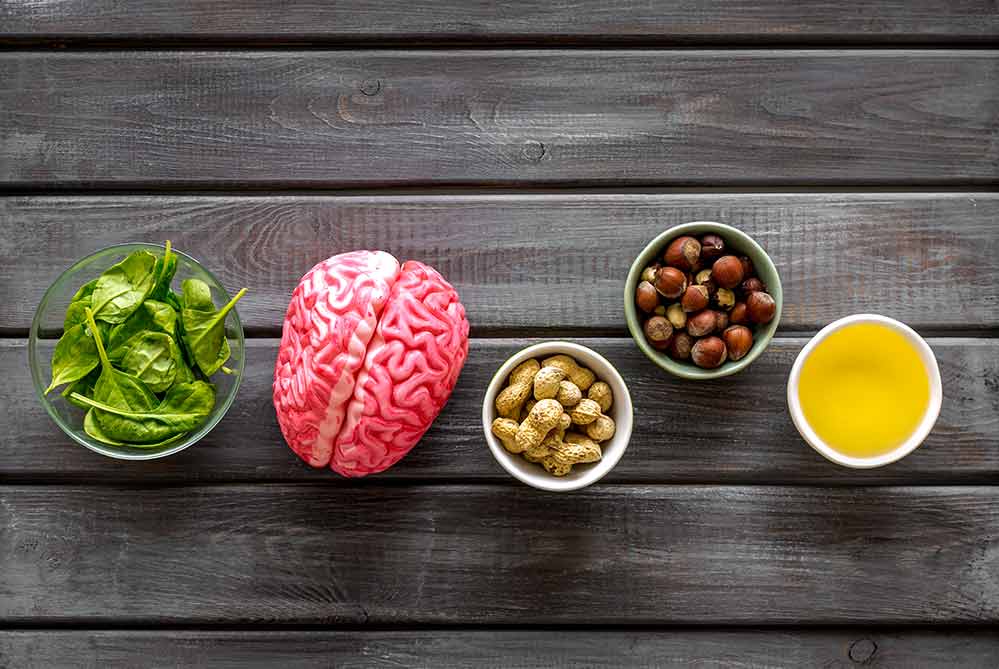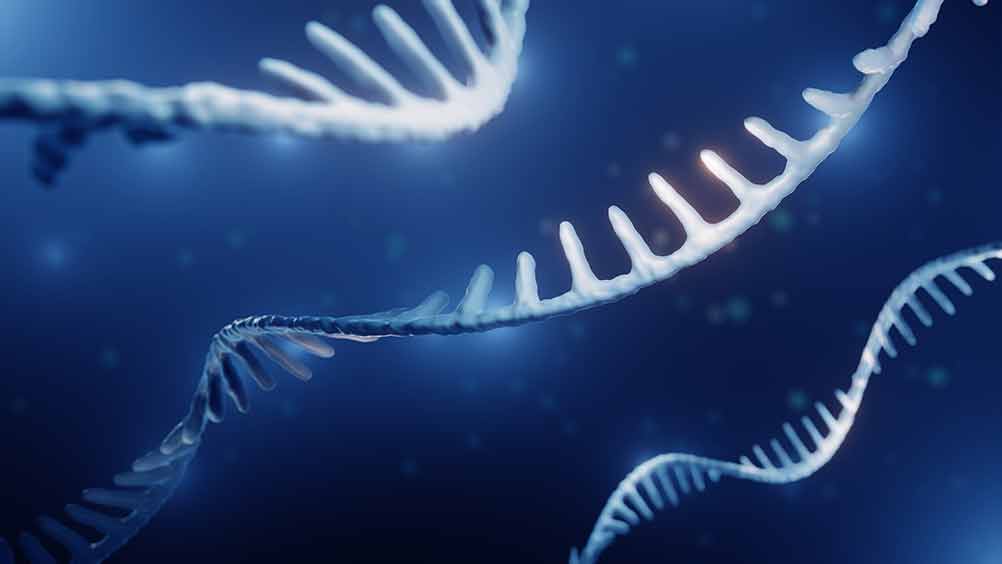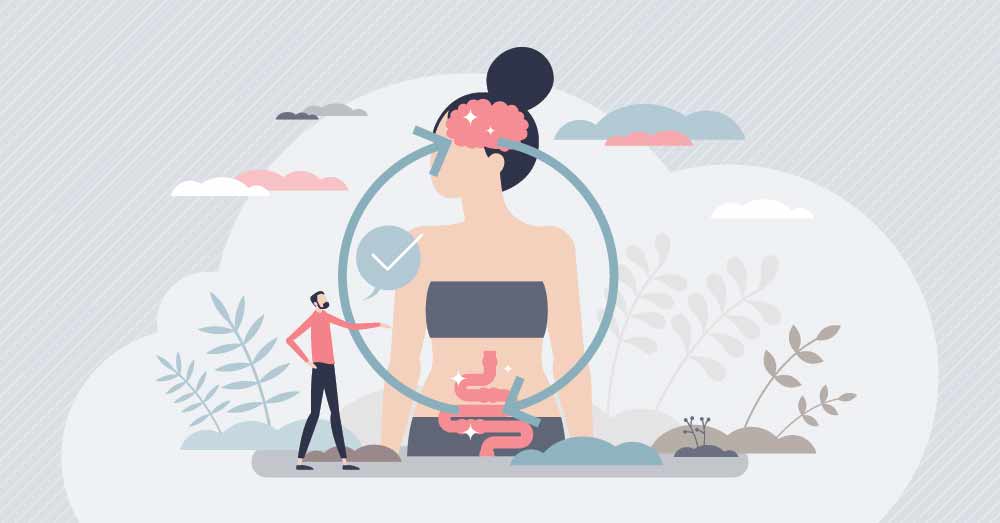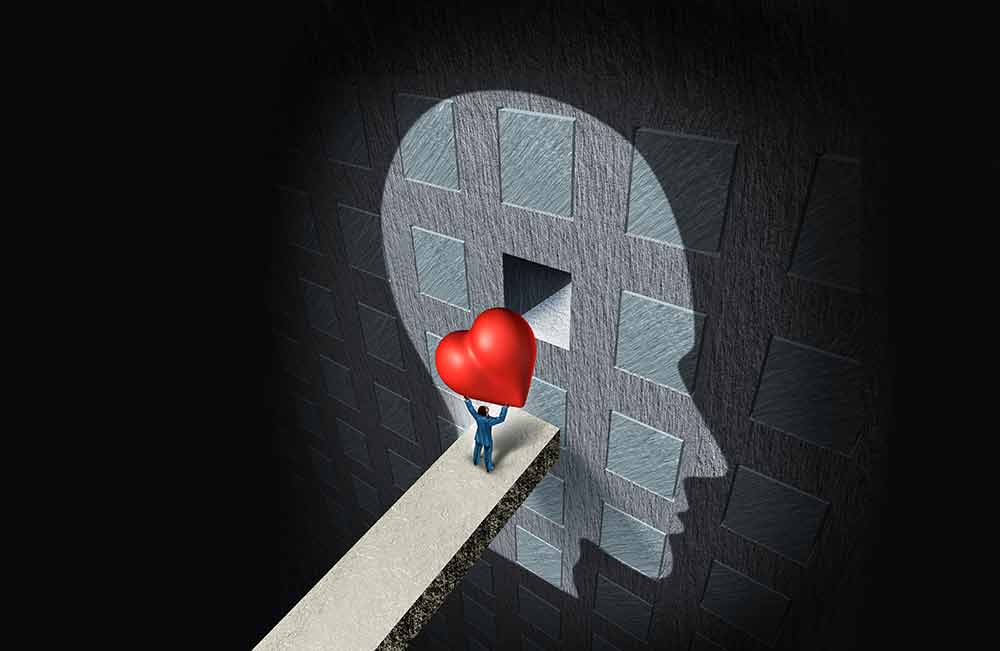The ongoing COVID-19 pandemic has raised our awareness of the vulnerability of our mental health in a short period. We've seen how rapidly our moods and actions can be influenced by situations and challenges because we're right at the intersection of our physical health and external circumstances, and we've also recognised how robust our minds can be.
But, perhaps most crucially, we are witnessing a transformation in our mental health thinking. Concerns about mental health and how to manage it are finally gaining traction among the general public.
These thoughts will help us better understand ourselves and the experiences we share in the future, as well as the exciting advances being made in research and therapy.
The field of mental health care is always changing, leaving us to wonder where we'll go next. As we move forward into a world where there is less stigma, more understanding, and fewer hurdles to treatment, we wonder what the future of mental health care might look like.
Ms Mehezabin Dordi, clinical psychologist, rehabilitation, and sports medicine department, Sir HN Reliance Foundation Hospital, Mumbai tells us what she thinks about the future of mental health treatment.

1. Nutritional Psychology
Nutrition psychology is a branch of psychology that focuses on food. It has applications in a variety of domains, including psychology, dietetics, nutrition, and marketing.
Nutrition psychology (NP) is the study of how cognitive decisions, such as food choices, affect nutrition, psychological wellness, and overall health. Nutrition psychology is the study of the link between eating habits and mental health and well-being. It also examines the interdependent relationship between dietary consumption and an individual's psychological experiences.
Dordi adds, "It is based on the premise that what we eat has an impact on how we feel. Food is supposed to make us happy. It is delicious and nourishing to our bodies. However, if you eat too little or too much, your health and quality of life may suffer. This might lead to a bad attitude toward food. An individual may be able to reduce obsessive eating, binge, and weight gain by learning how to make healthier and more mindful choices. You can obtain a sense of peace, high energy levels, and alertness from the meals you eat if you control your hunger."

2. Epigenetics
Epigenetics is the study of how the environment and other factors can influence gene expression.
She goes on to explain, "Genetics, or our fundamental biological make-up, influences all human qualities, including psychological ones, to some extent. Because the epigenome modifies the effects of an individual's genome and can be modified by external events, it's a natural focus for scientists looking to learn more about how individual differences, mental illness, and other elements of cognitive life emerge. For depression, schizophrenia, bipolar disorder, and other mental illnesses, there is evidence that epigenetic variations are linked to mental illness. Severe stress early in life, according to some research, may cause epigenetic alterations that contribute to a long-term increase in one's physiological stress response."

3. Nervous System Regulation
Self-regulation means "Control [of oneself] by oneself". It refers to a system taking the necessary steps to maintain its equilibrium. Self-regulation refers to an organism's condition of equilibrium in biology and somatic psychotherapy. Biological creatures' self-regulation occurs on a variety of levels. Someone with high emotional self-regulation, for example, can control their emotions. They can control impulsive behaviours that could exacerbate their problems and cheer themselves up when they're unhappy. They have a wide range of emotional and behavioural responses that are well-suited to the demands of their surroundings.
Humans can thankfully increase their emotional self-regulation over time thanks to neuroplasticity, or the adaptability of our neurological systems.
"Our bodies have the ability to self-regulate as well. From a psychological aspect, the autonomic nervous system is responsible for maintaining order beneath our conscious consciousness. Many automatic operations of our bodies, including emotions, are regulated and balanced by it. Our immediate, instinctual response to perceived hazards in the environment is one of the most crucial functions it regulates. Our threat response system determines whether we should fight, flee, or freeze. When these responses are out of sync with our surroundings, we are unable to self-regulate properly, resulting in mental and emotional suffering. This is why self-control is an important topic to investigate," affirms Dordi.

4. Attachment Theory Focus
Attachment theory is concerned with human interactions and attachments, particularly long-term ones such as those between parents and children and romantic partners.
"Attachment is defined as an emotional relationship formed between two people. Bowlby, the father of attachment theory, thought that children's early relationships with their caretakers have a profound impact that lasts throughout their lives. According to him, attachment keeps the infant close to the mother, increasing the child's chances of survival. The core idea of attachment theory is that having primary caregivers who are present and attentive to an infant's needs allows the child to establish a sense of security, which then manifests in their adult attachments," she expounds.

5. Ego Work
Sigmund Freud defined the ego as "a component of personality that mediates the demands of the id, superego, and reality."
It is the ego's task to find a balance between these two often opposing forces, ensuring that the id and superego's wants are met in accordance with reality's expectations.
A therapist advises when a person feels emotionally depleted - "stuck," life doesn't feel enjoyable, when a person finds themselves in unfulfilling or destructive relationships, or when connecting with others becomes difficult—ego work might help.
Dordi adds, "The term "ego work" refers to a progressive alteration in consciousness. Only by repetition and learning new behaviours can consciousness be altered. The idea also warns against resistance, claiming that the ego is most afraid of one thing: change. It emphasises the need of allowing resistance to arise without judgement. Humans who seek to reconnect with their inner nature can benefit from ego work. As a result, a fresh option to choose has arisen."